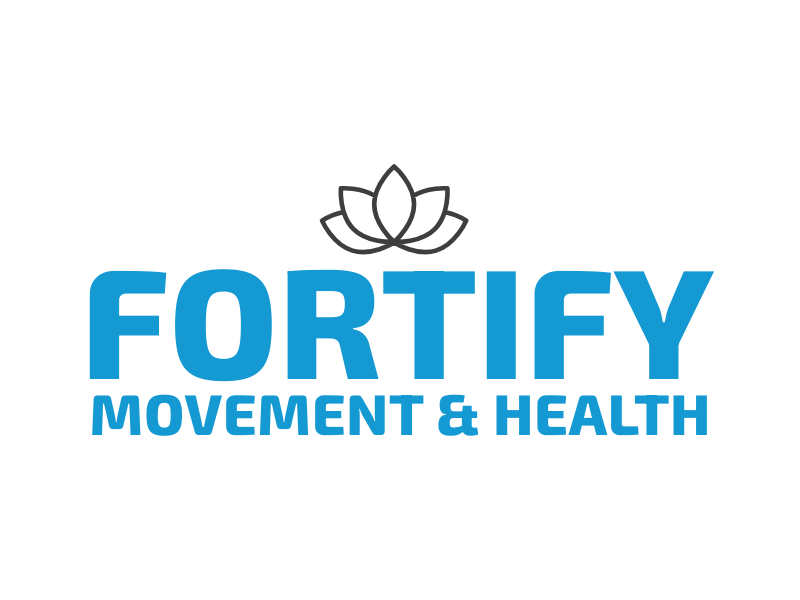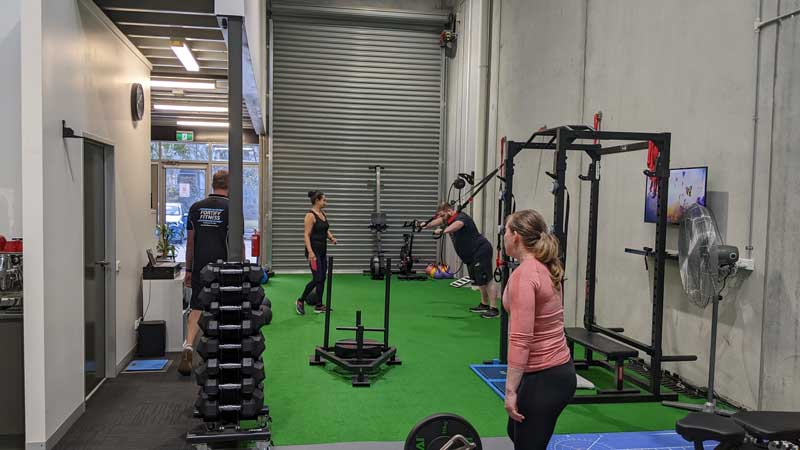If you have a child with autism in your family, you know that every day comes with unique challenges and triumphs. As an exercise physiologist, I’ve witnessed firsthand how physical activity can make a significant positive impact on the lives of children with autism and their families.
If you’re looking for a way to support your child’s development and overall well-being, without the added stress, I’ve got some valuable insights for you.
Imagine a world where children with autism are doing exceptionally well in their day-to-day activities, achieving results that were once deemed impossible. Picture them engaging with others, expressing themselves confidently, and enjoying a greater sense of independence – all without experiencing the typical pains and struggles that often accompany this condition.
Now, let’s talk about how you can make this vision a reality for your child.
Children with autism face a unique set of obstacles in their everyday lives. From difficulties with communication and social interaction to sensory sensitivities, each challenge can affect their physical and emotional well-being. Here’s where exercise physiology can make a significant difference.
Living with autism can present various challenges for children and their families, affecting their physical and emotional well-being.
The obstacles faced by children with autism can include difficulties with communication, social interaction, sensory sensitivities, and overall motor development.
As an exercise physiologist, our team has developed effective strategies to address these challenges.
Here are three practical tips to support your child’s well-being and development:
-
Sensory Integration Activities:
Engage your child in sensory integration activities tailored to their needs. These activities can help them adapt to sensory stimuli, reducing distress and improving their focus and attention.
-
Structured Physical Activity:
Incorporate structured physical activities into your child’s daily routine. These activities can enhance their motor skills, coordination, and overall physical fitness. Creating a predictable schedule can also help reduce anxiety and promote a sense of stability.
-
Individualised Exercise Programs:
Seek the guidance of a qualified exercise physiologist who can design a personalised exercise program for your child. Such programs are tailored to address specific challenges and capitalise on their strengths, resulting in better outcomes and improved overall well-being.
Results:
By implementing these strategies and working with an exercise physiologist, you can witness remarkable improvements in your child’s life. Enhanced motor skills, reduced sensory sensitivities, increased social engagement, and a boosted sense of self-confidence are just some of the results you can expect. Moreover, regular physical activity can also positively impact mood, reduce anxiety, and contribute to better sleep patterns for your child.
So, if you want to see your child thriving, gaining confidence, and experiencing a higher quality of life, consider the power of exercise physiology. By seeking support from a qualified professional, you’ll be providing your child with the tools and strategies they need to reach their full potential.
Are you ready to take the next step in supporting your child’s well-being? Contact us today to find out how we can help. Together, we can create a brighter future for your child and your entire family. Book an appointment to gain support and embark on a journey of positive transformation.
Tap if you’re excited to see your child soar to new heights!
2 – If you have a child with autism, you know how unique and challenging their needs can be. As a parent or caregiver, you strive to provide them with the best care and support possible, but sometimes, you might feel overwhelmed or unsure of the best approach. That’s where an exercise physiologist can step in to offer valuable assistance and make a significant difference in the lives of children and their families living with autism.
Imagine witnessing your child experience breakthroughs, achieve new milestones, and lead a happier, more fulfilling life. It’s possible, and an exercise physiologist can be the missing piece to this puzzle.
Children with autism often face various obstacles that can hinder their physical and emotional development. They may struggle with sensory processing, communication, social interaction, and behaviour challenges. As a parent, you want to see your child thrive and reach their full potential, but you might not be sure where to start.
Instead of feeling lost or frustrated, consider turning to an exercise physiologist who specialises in working with children with autism. They have a unique understanding of the complexities involved and can offer valuable insights and strategies to address the specific needs of your child.
The journey begins with understanding the situation. Autism is a spectrum disorder, which means each child’s experience is different. An exercise physiologist will take the time to assess your child’s strengths, challenges, and individual goals. They’ll collaborate closely with you and your family to create a tailored plan that suits your child’s unique requirements.
The obstacle many families face is finding the right approach to support their child’s physical and emotional well-being. This is where the expertise of an exercise physiologist shines. They can design personalised exercise programs that target specific developmental areas, such as balance, coordination, and motor skills. Through fun and engaging activities, children can improve their physical abilities while enjoying the process.
The action step is the key to unlocking your child’s potential. With the guidance of an exercise physiologist, you can implement evidence-based strategies that support sensory integration and social skills development. These strategies can be seamlessly incorporated into daily routines, making them effective and sustainable for the long term.
Here are three essential tips that an exercise physiologist might offer to support your child with autism:
- Structured Play: Create a structured play environment that encourages exploration and interaction. This will help your child build confidence and social skills while also providing sensory stimulation.
- Physical Activities: Engage your child in various physical activities that cater to their interests. These could include swimming, dancing, or playing in a sensory-friendly playground. Physical activities not only improve motor skills but also serve as a great outlet for emotions.
- Consistent Routine: Establish a consistent daily routine that includes designated times for play, learning, and relaxation. Predictability can be reassuring for children with autism and can reduce anxiety.
Now, let’s talk about the results that can unfold when you embrace the support of an exercise physiologist. You may start to notice significant improvements in your child’s physical abilities, communication, and social interactions. Their confidence and self-esteem can soar as they achieve new milestones and conquer challenges that once seemed insurmountable.
Moreover, the whole family can experience positive changes as they learn to navigate the journey with greater understanding and support. The bond between parents and their child with autism can strengthen, creating a harmonious and loving home environment.
So, if you want to see your child with autism flourish and lead a fulfilling life, consider seeking the support of an exercise physiologist today. With their expertise and your unwavering love and dedication, the possibilities for your child’s future are boundless.
If you have a child or know someone who can benefit from an exercise physiologist, then contact us today to find out how we can help you and your child embark on this transformative journey together. Book an appointment to gain the support and guidance you need to make a difference in your child’s life.
Together, we can help your child soar to new heights and embrace a brighter, more promising future. Tap if you agree!




